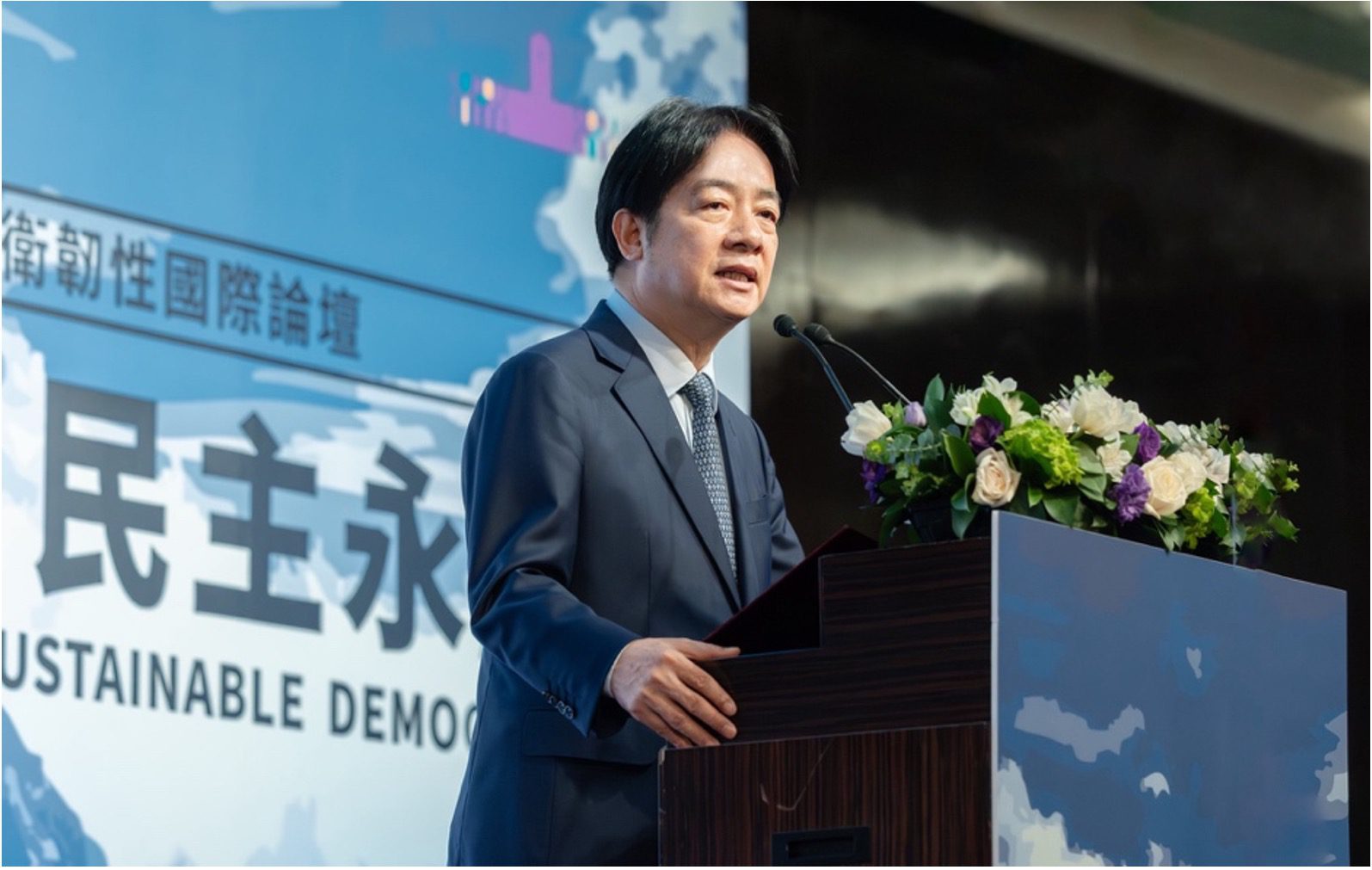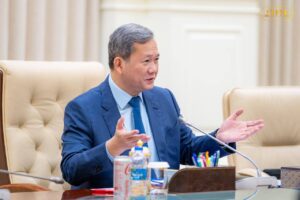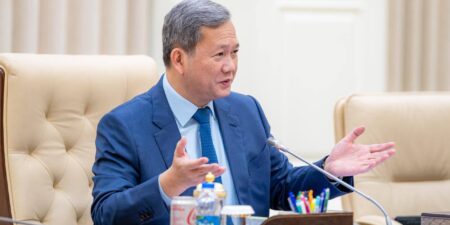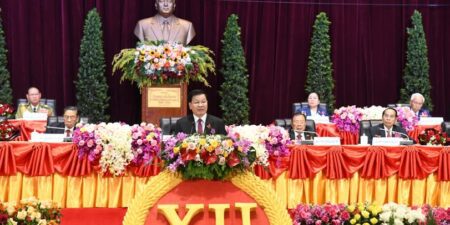
Taiwan Boosts 2026 Technology Budget To Capture AI Opportunities

The BGA Taiwan team, led by Senior Adviser Rupert Hammond-Chambers, wrote an update on Taiwan’s increased 2026 technology budget.
Taiwan recently proposed a TWD 3 trillion (US$94.3 billion) central government budget for 2026, representing an increase of 3.6 percent from 2025. Of that, TWD 166.5 billion ($5.4 billion) is earmarked for technological development, up 19.3 percent, or TWD 26.9 billion ($896 million), from the same budget for this year. The only other major area getting a bigger budgetary boost is Taiwan’s national defense spending, which is set to increase by 19.5 percent, or TWD 89.7 billion ($3 billion), to TWD 548.8 billion ($18.3 billion) next year from 2025. The strong focus on technology development investment reflects an urgency to advance Taiwan’s industrial competitive edge amid intensifying global competition in the era of artificial intelligence (AI). The 2026 government budget is pending review of an opposition-dominated Legislative Yuan by year’s end and may still be subject to cuts.
Taiwan’s 2026 technology budget reflects policy continuity while scaling up investment significantly, marking the largest year-over-year increase in recent years. AI and semiconductors remain the twin pillars of national technology development, with AI programs now spanning the National Science and Technology Council (NSTC), the Ministry of Economic Affairs and the Ministry of Digital Affairs budgets, demonstrating strengthened cross-ministerial coordination. Notably, defense technology emerges as a new priority, integrated into the broader development framework. This signals a shift toward a more unified and security-focused innovation strategy that bridges civilian and defense technology advancement. The approach mirrors the success of American companies such as Anduril, Palantir and AV by blending commercial technology prowess with defense platforms and solutions.
According to the Executive Yuan’s budget proposal, technology and industrial development spending will be channeled through several flagship programs, including the new “10 Major AI Infrastructure Projects” announced this summer. While program details have not yet been disclosed, the budget allocation confirms that AI infrastructure and semiconductor advancement will anchor Taiwan’s technology investments through 2026, reinforcing the island’s position as a critical node in global tech supply chains.
We will continue to keep you updated on developments in Taiwan. If you have any comments or questions, please contact BGA Taiwan Senior Adviser Rupert Hammond-Chambers at rupertjhc@bowergroupasia.com .
Best regards,
BGA Taiwan Team

Rupert Hammond-Chambers
Senior Advisor























